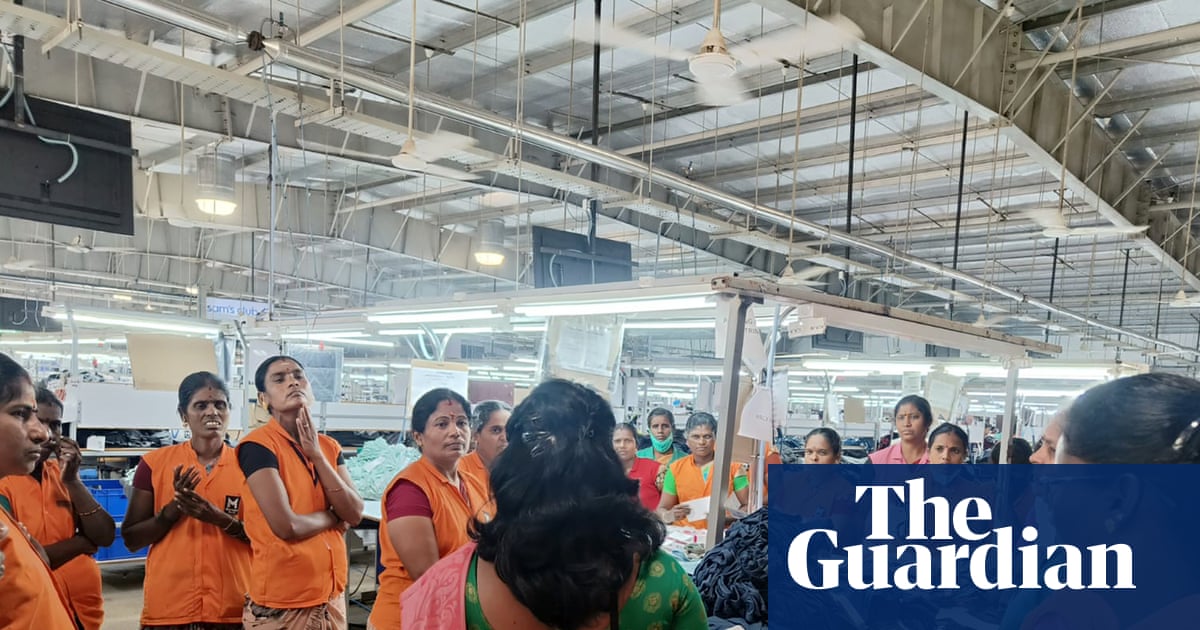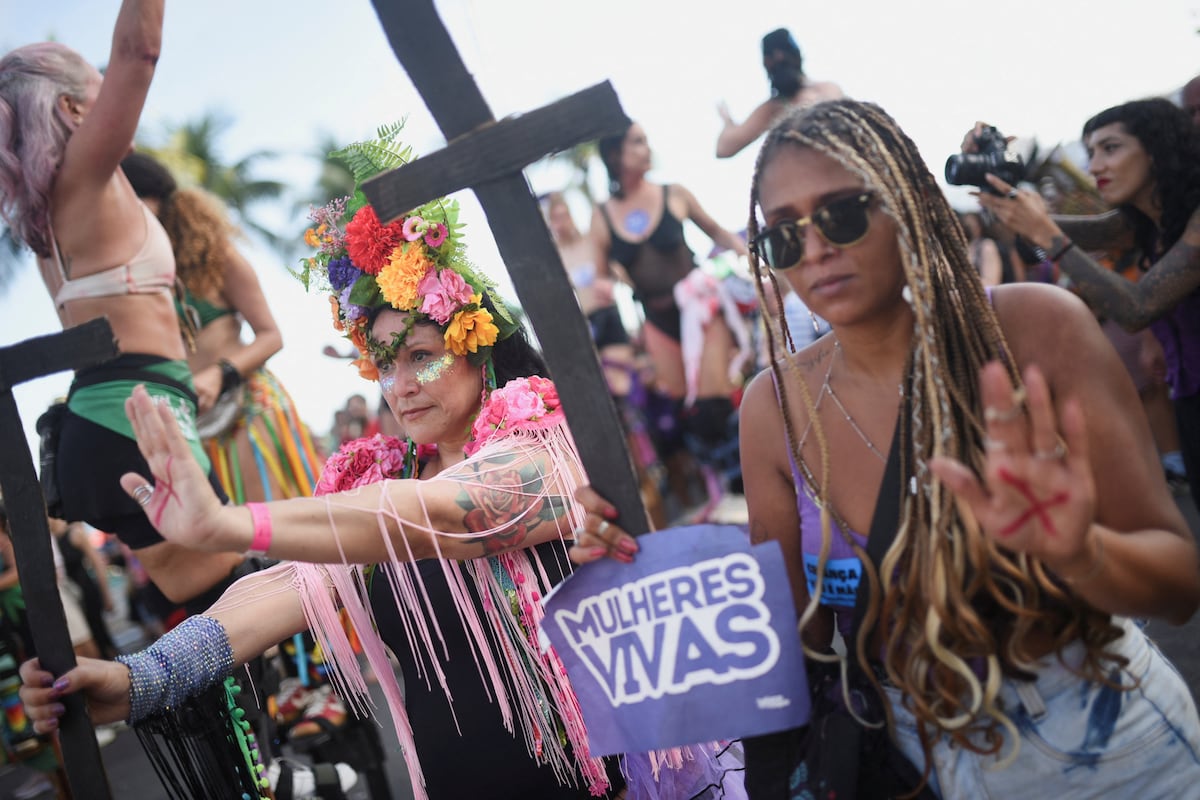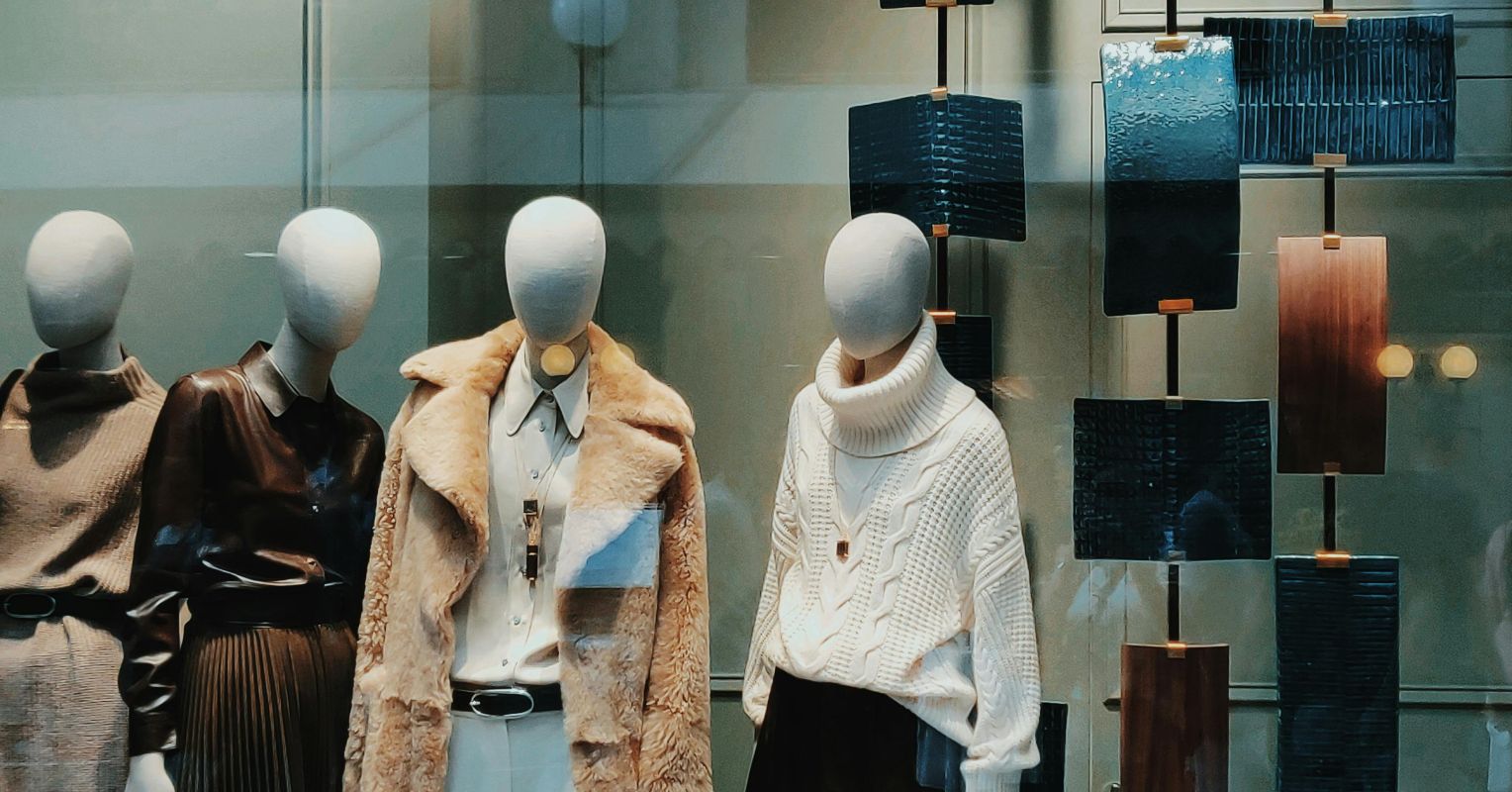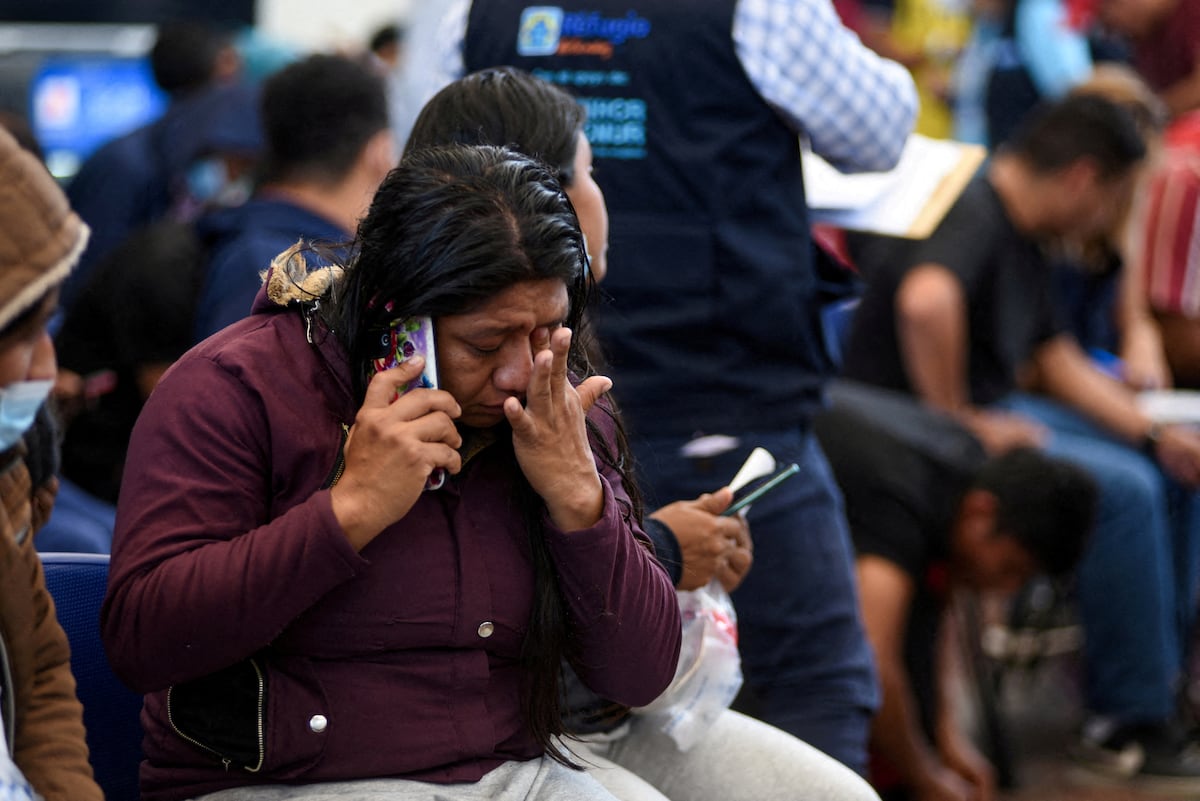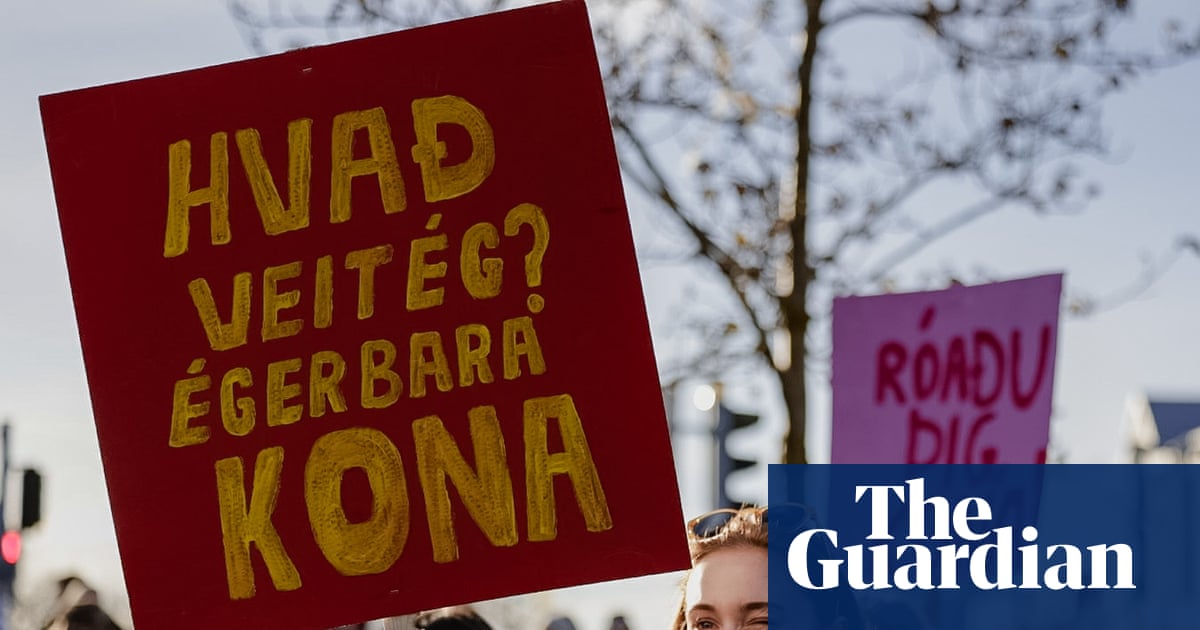fromThe Art Newspaper - International art news and events
1 month agoSouth Africa's Venice Biennale artist appeals to president after pavilion cancelled by minister
Elegy, part of a series the artist began in 2015, is a ritual lament. In each version that is performed, seven operatically trained woman singers sing and sustain a B note for an hour. They line up behind a dais, begin the note and as their breath runs out, they pass the note on to the next person. Goliath tells The Art Newspaper that performances are a tribute to and commemoration of "women, femme and non-gender-conforming individuals from South Africa, who have been subject to fatal acts of sexualised and gendered violence".
